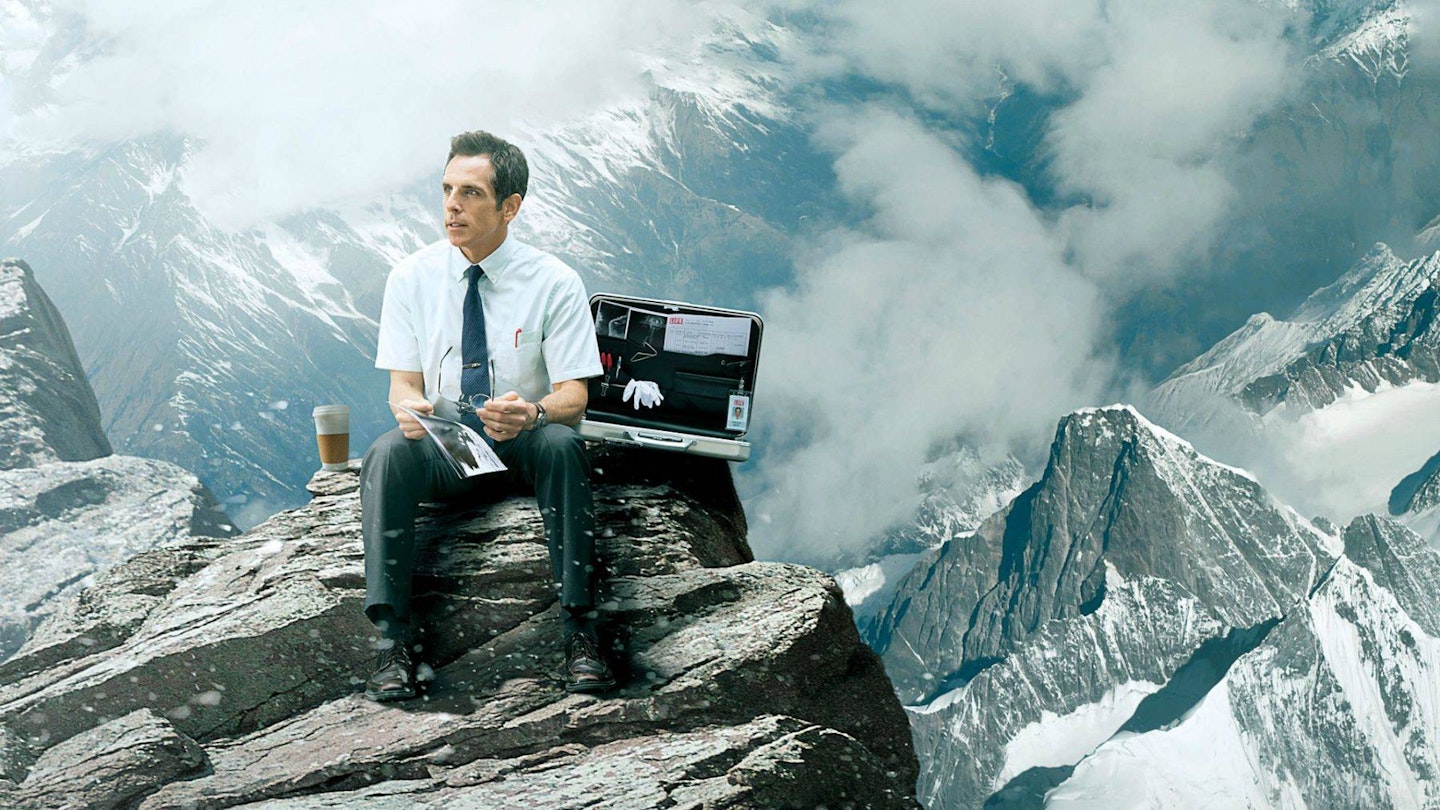First published in 1939, James Thurber's short story about a hen-pecked milquetoast who seeks sanctuary from reality in delusions of B-movie heroism was such a popular success that a protracted bidding war was conducted for the screen rights. However, Thurber was so horrified when Samuel Goldwyn emerged victorious and announced the project as a vehicle for his leading star, Danny Kaye, that he offered the producer $10,000 not to make the movie.
Thurber even accepted script-doctoring work in a bid to salvage what he felt to be a calamitous bowdlerisation, which had turned Walter Mitty into a hapless bachelor who is constantly browbeaten by his domineering mother. However, he was forced to walk when he saw how little influence he was having on a scenario that seemed to be dictated more by the content of Sylvia Fine's songs than Walter's daydreams. Indeed, Fine (who was Kaye's wife) even suggested ditching a couple of reveries as they interfered with her score.
However, the fault lay squarely with Goldwyn and screenwriters Ken Englund and Everett Freeman, who not only botched the byplay between Walter and his mother, but also swamped the conceit with an actual adventure that was nowhere near as engaging as any of Mitty's imaginings.
Boris Karloff provided some typical menace, but Kaye had already played the accidental hero in Up in Arms and The Kid from Brooklyn and the gag was wearing a little thin. He was much more amusing impersonating bravado as the sea captain battling the storm, the Wild West gunslinger, the Mississippi riverboat gambler, the ultra-cool surgeon and the daring pilot. Even his diversion into the world of haute couture worked well, as did Fine's `Anatole of France' song.
Drolly designed by George Jenkins and Perry Ferguson and filmed in bright phantasmic colours by Lee Garmes, this proved a confident, undemanding and lively slice of entertainment for postwar audiences subsisting on war movies, woman's pictures and films noir. However, a little Kaye can go a long way and he's now regarded in some quarters as an acquired taste, à la Jerry Lewis.

